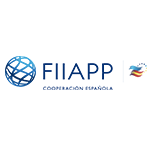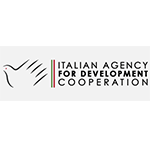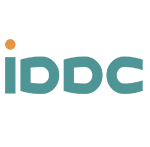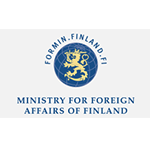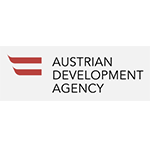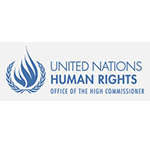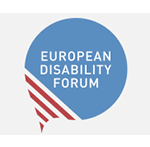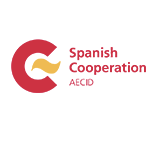About Bridging the Gap II
Bridging the Gap II (BtG-II) is a project funded by the European Union (EU) under the Development Cooperation Instrument (DCI), Thematic Programme “Global Public Goods and Challenges”.
The project aims at increasing the inclusion of persons with disabilities at both the international and country level through more inclusive and accessible public policies and services. BtG-II is a targeted thematic response to the requirement to make development cooperation accessible to and inclusive of persons with disabilities. This demand is an obligation for the European Union (EU) and Member States as parties to the Convention on the Rights of Persons with Disabilities (CRPD), and can have a significant impact in improving the social inclusion and promoting the rights of persons with disabilities.
BtG-II focuses on strengthening the capacities of governments, national human rights institutions and organisations of persons with disabilities in five partner countries (Burkina Faso, Ecuador, Ethiopia, Paraguay and Sudan), as well as mainstreaming disability in international cooperation. BtG-II supports the development, implementation and monitoring of disability inclusive sector policies and services in a participatory manner and in line with the CRPD and the SDGs, namely in relation to: inclusive education, universal access to health and employment, livelihoods and social protection and data generation.
Based upon the country actions, the project advances a disability-inclusive development agenda by raising awareness and strengthening the capacities of development partners and civil society, in accordance with the CRPD and the 2030 Agenda. Critical issues such as the overall respect of human rights, universal accessibility, gender and social sustainable development are meaningfully incorporated into the project’s work.
Bridging the Gap-II is implemented by a consortium led by the International and Ibero-American Foundation for Administration and Public Policies (FIIAPP) and composed of the Spanish Agency for Development Cooperation (AECID), the Austrian Development Agency (ADA), the Italian Agency for Development Cooperation (IADC), the European Disability Forum (EDF) and the International Disability and Development Consortium (IDDC). The Office of the United Nations High Commissioner for Human Rights and the Ministry of Foreign Affairs of Finland also contribute to the initiative.


